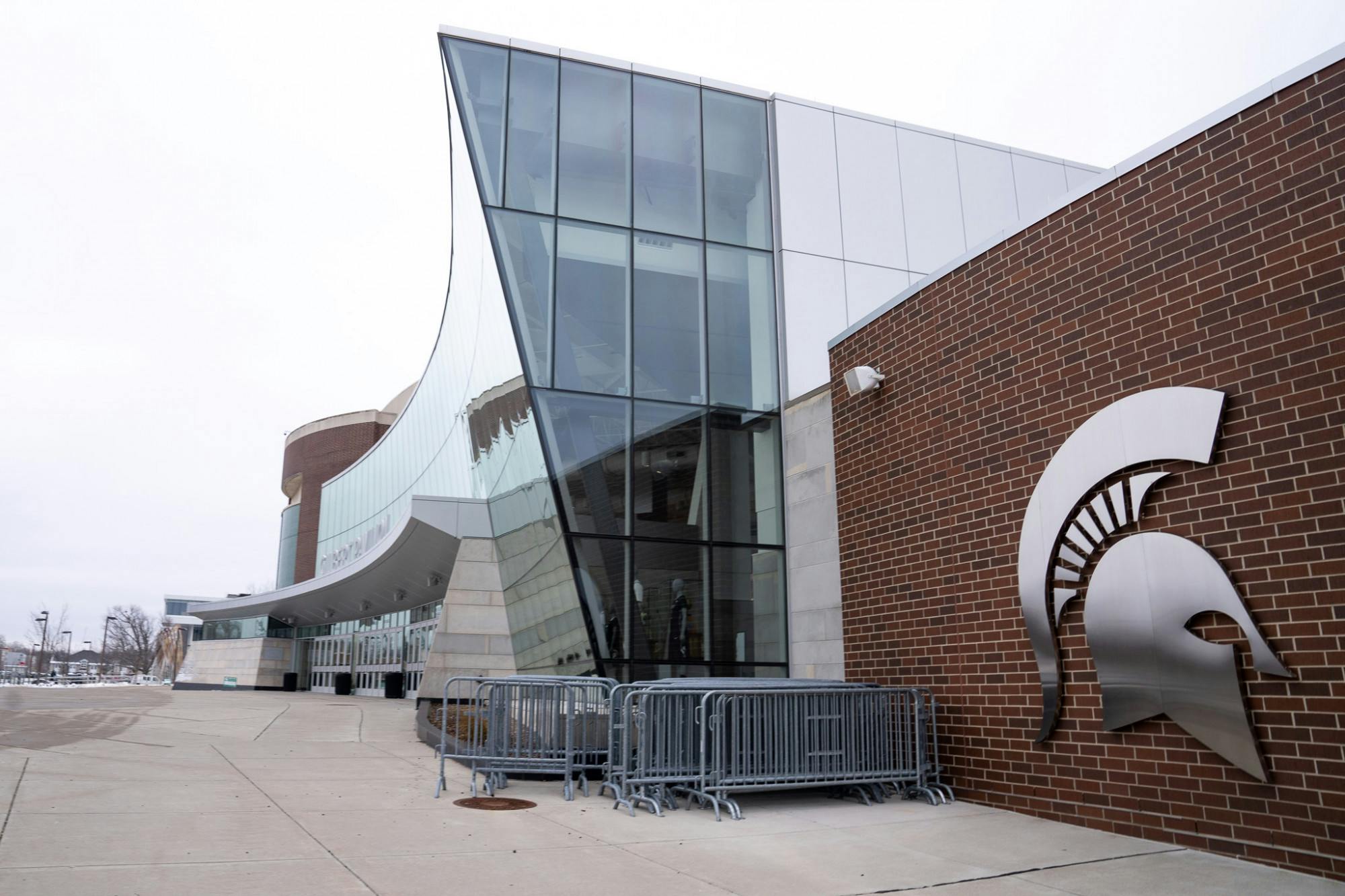MSU hosted its first expungement fair at the Breslin Center on Sunday, which gave eligible individuals the opportunity to remove certain offenses from their permanent records. 100 individuals pre-registered for the event and at least 100 more walked in.
Event organizer and law student Alex Padla has been working since early October to bring this fair to the community. He said the event was about "all about empowerment" – and giving individuals a second chance to pass background check.
“They have been outstanding citizens since they got in trouble and now, they've served their time and they are still being punished," Padla said.
Certain offenses make it impossible to pass a background check for jobs, rent applications, loans and volunteering. Padla said others without a criminal record take these things for granted.
This fair comes after Michigan passed the Clean Slate Act in 2020. The act opens up eligibility for people to wipe past criminal convictions off their record after they haven't been involved in a crime for a certain period of time.
For most misdemeanors, three years from when the person was convicted or ended their probation has to pass before they are eligible, Padla said. For more serious misdemeanors, it’s a five-year waiting period and felonies require a seven-year waiting period. However, he said, if the crimes committed were violent or sexual then a person will be ineligible.
Ashley Bellant, who works with Safe & Just Michigan (SJM), worked the expungement fair. Most people assume that when somebody commits a crime, they’re convicted, they serve their time and then they rejoin society – but she said this is not the whole truth.
“Having a criminal record can follow you around the rest of your life, make you ineligible for certain rentals, make you ineligible for college education funding, ineligible even to chaperone your child's field trips … that really shouldn't be that way,” Bellant said. “The Clean Slate legislation is attempting to address that, and today what we're doing is trying to make it easier for people to go through that process.”
Bellant said that while it is possible to complete the expungement process without an attorney, it can be intimidating doing it alone. Some people have an aversion to going back to court or a police station, she said, but having someone to walk through the process with is helpful.
The fair saw a broad array of offenses to be removed from records, Bellant said. However, MSU College of Law’s Criminal Defense Association and the International Cannabis Bar Association teamed together for the event, so they were prepared to see individuals looking to get marijuana charges removed from their records.
The fair also gave MSU law students the opportunity to use their legal education in the real world, Padla said. Law student Noah Martin said helping out at the event was an eye-opening experience.
“I think what I've gotten out of it is that a legal education is a huge privilege to have,” Martin said. “I'm a law student and still looking at these forms, it looks like a completely different language … It's just a nice way to be able to use the privilege we've been given, the legal education, and use it to help people who don't have that privilege.”
Bellant said the expungement process will start as an automatic process in April. While there are no official plans to host another fair in the future, Padla said he hopes to continue planning events like this which help the community.
Support student media!
Please consider donating to The State News and help fund the future of journalism.
Discussion
Share and discuss “MSU's expungement fair attracts hundreds, helps individuals clear criminal records” on social media.







